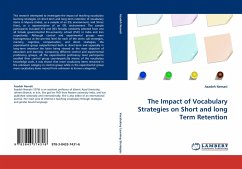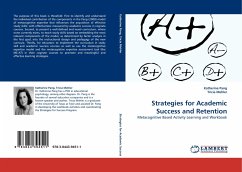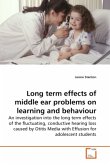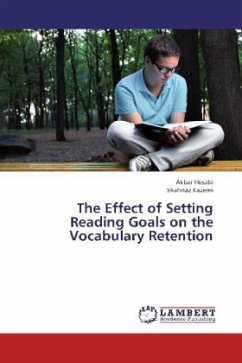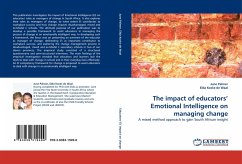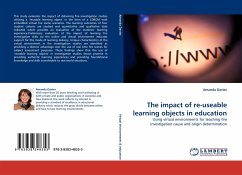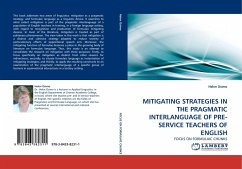This research attempted to investigate the impact of teaching vocabulary learning strategies on short-term and long-term retention of vocabulary items in Mysore (India), as a sample of an ESL environment, and Shiraz (Iran), as a representative of an EFL environment. The sample participants included 310 and 303 females randomly selected from one all female governmental Pre-university school (PUC) in India and Iran respectively. Although control and experimental groups were homogeneous at the pre-test level for each of the seven sub-strategies, memory, cognitive, compensation, and direct strategies, the experimental group outperformed both in short-term and especially in long-term retention the latter being viewed as the main objective of education and learning. Comparing different control and experimental proficiency groups, all the experimental proficiency level participants excelled their control group counterparts.By means of the vocabulary knowledge scale, it was shown that more vocabulary items remained in the unknown category in control group while in the experimental group more vocabulary items moved from unknown to known categories.
Bitte wählen Sie Ihr Anliegen aus.
Rechnungen
Retourenschein anfordern
Bestellstatus
Storno

